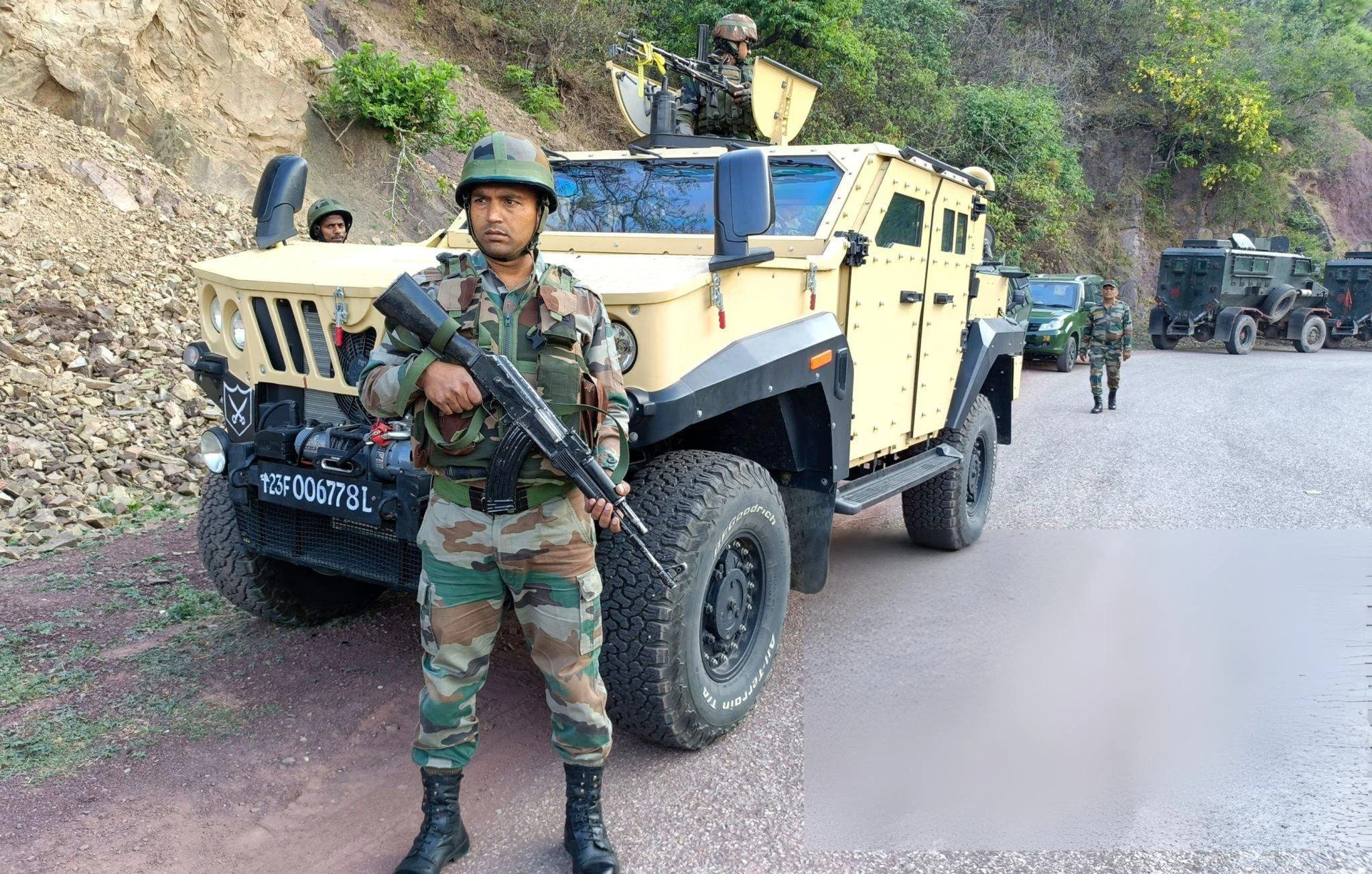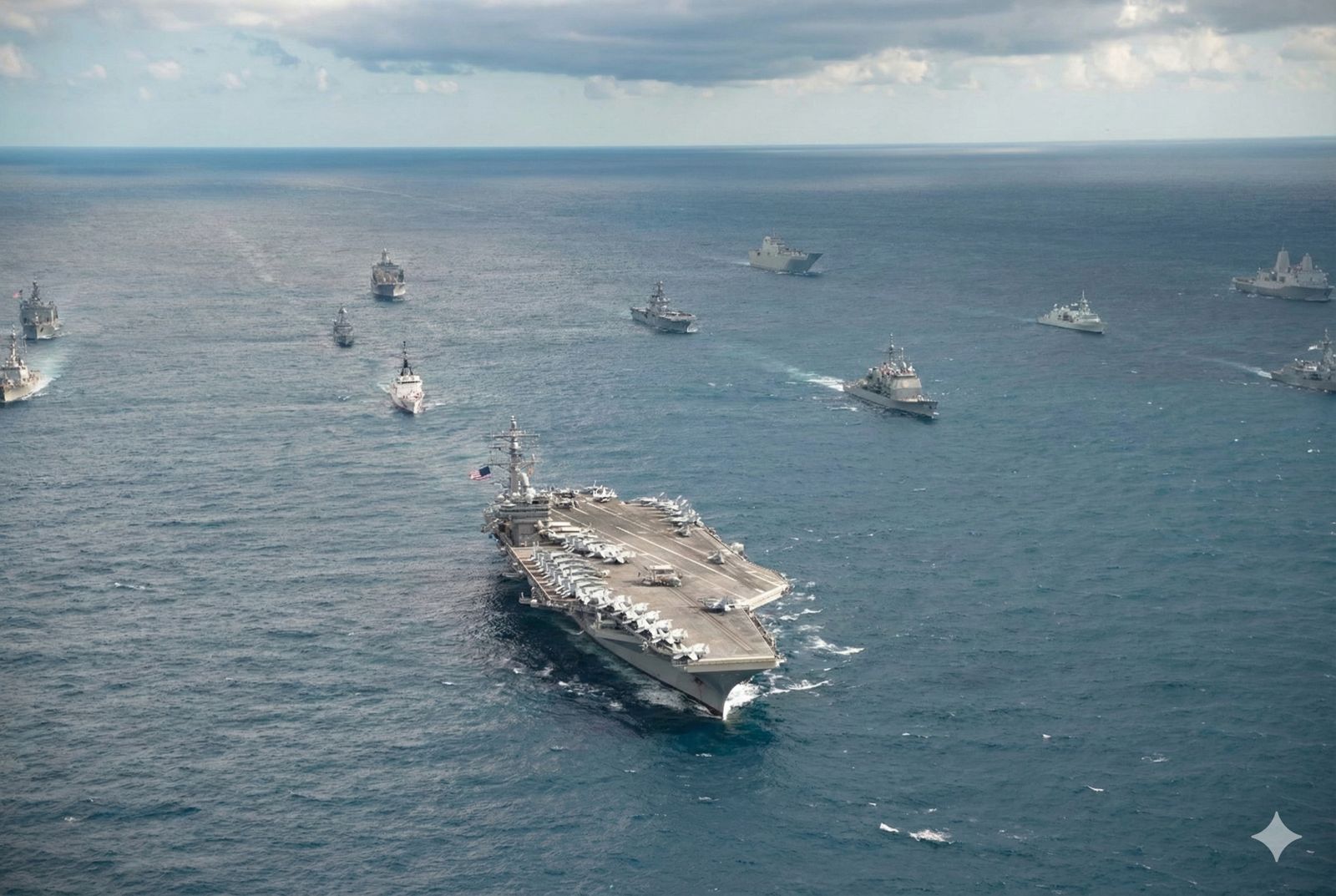
The Indian Army’s infantry units require constant modernization. Bulletproof vests and helmets are essential for soldier protection. Furthermore, the need for these became more urgent after the Doklam standoff and the Eastern Ladakh conflict with China. Additionally, during these tensions, the Indian Armed Forces received emergency powers to quickly replenish their inventory.

Emergency Procurement for Infantry Protection
With emergency procurement powers, the services swiftly engaged Indian and international vendors to address critical shortages. However, the main focus was on equipping infantry soldiers with advanced gear, including guns, bulletproof jackets, and helmets. Despite the accelerated procurement, those essential baseline quality checks were ensured.

One significant procurement effort involved the acquisition of 15,000 bulletproof jackets. The contract fell under the Fast Track Procurement process and the Buy Indian (IDDM) category. The Army’s Request for Proposal (RFP) mandated testing at the Terminal Ballistics Research Laboratory (TBRL), a trusted DRDO facility.

Image for representation
Testing Controversy: TBRL vs. Police Lab
During testing at TBRL, a vendor initially failed to meet the Army’s quality requirements. However, the vendor claimed that the vests met the standards and again tested those bulletproof vests at a police lab in Gujarat. Surprisingly, the police lab not only cleared the vests but did so twice, despite their earlier failure at TBRL. This inconsistency, in turn, highlighted variations in testing outcomes, ultimately prompting discussions on standardization and consistency in evaluations.

Image for representation
Why TBRL Matters for National Security
The Terminal Ballistics Research Laboratory (TBRL) is a leading DRDO lab under the Ministry of Defence. Located in Chandigarh, TBRL specializes in armament studies and has over 50 years of expertise in:
- Testing armor-defeating projectiles and immunity profiles.
- Evaluating ground shock, blast damage, and fragmentation.
- Conducting underwater detonics and explosive dynamics research.
- Developing explosive lenses for India’s nuclear weapons, including Pokhran-I and Pokhran-II tests.
Given its advanced testing capabilities, TBRL remains the most reliable facility for evaluating bulletproof vests. The lab ensures that all protective gear meets stringent safety and performance standards.
Indian Army Stands Firm on Quality Standards
According to a recent Economic Times report, the Indian Army has firmly insisted that all bulletproof vests must be certified by TBRL. Repeated vendor requests to bypass TBRL testing have been denied, as they lack justification. The Army’s decision highlights its commitment to soldier safety and quality assurance.
The key question remains: How do bulletproof vests that fail at TBRL get cleared at a police lab? More importantly, why is the vendor reluctant to have their products tested at a world-class defense lab? Until these concerns are addressed, the Army’s insistence on rigorous testing at TBRL remains justified.

Ensuring high-quality protective gear is non-negotiable for the Indian Army. The discrepancy in test results raises critical concerns about the reliability of alternative testing facilities. TBRL’s expertise in ballistics and armament research makes it the most credible authority for bulletproof vest certification. The Army’s firm stance on this issue is a necessary step toward safeguarding soldier lives in combat zones.



Agree